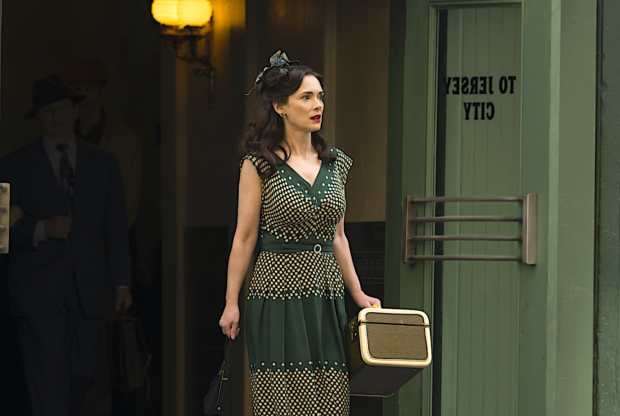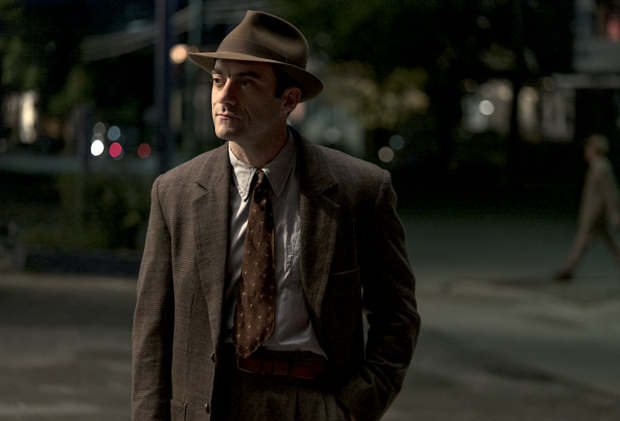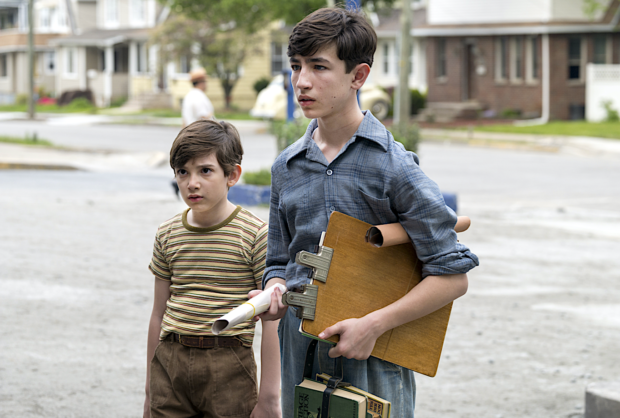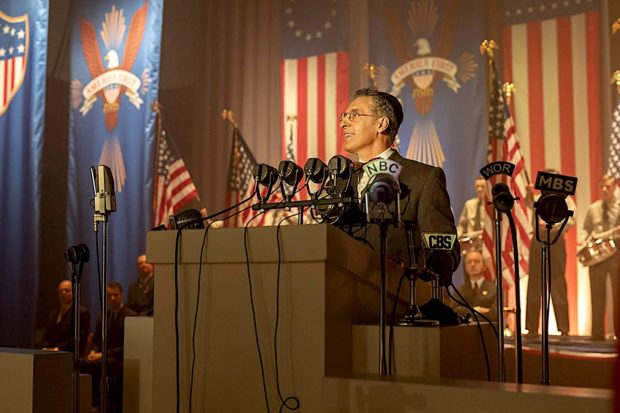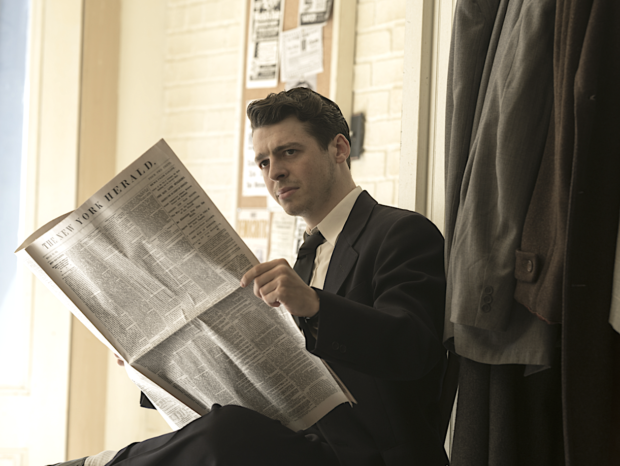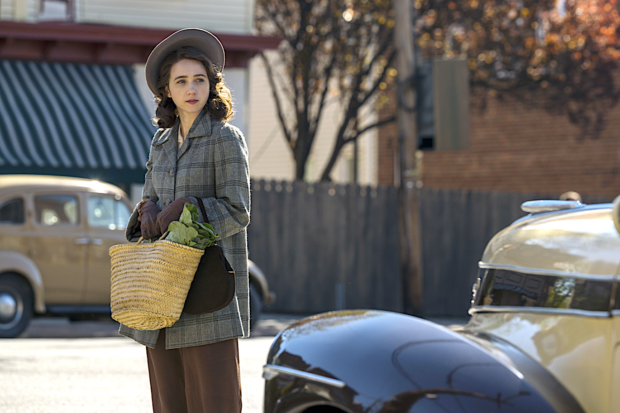Prescient HBO series uncovers ‘Plot’ against humanity
HBO’s compelling miniseries “The Plot Against America” couldn’t have come at a more pertinent time.
The show, which began its six-episode run at 9 a.m. yesterday (with an encore telecast at 10 p.m.) on HBO and HBO Go, imagines 1940s America in which Franklin Roosevelt, often considered by scholars as one of the three greatest US presidents (along with George Washington and Abraham Lincoln), is defeated by aviator-cum-military officer Charles Lindbergh after he decided to run for a third term in the US presidential elections in 1940.For those unfamiliar with US history, Roosevelt took office in the midst of the Great Depression, the worst economic crisis in US history.
But Philip Roth’s fictional 2004 novel, from which the series is based, introduces Charles Lindbergh as a formidable political provocateur. He was seen as a “hero” by many of his countrymen for his Orteig Prize-winning exploits as a pilot—he steered his nonstop flight from New York to Paris in 1927 alone, at age 25. His achievement was no mean feat: It was the first solo transatlantic flight between two major city hubs, widely considered “the turning point in the trajectory of aviation history and advancement.”
In the novel, it’s this astounding achievement that allows Lindbergh (Ben Cole, as charismatic as he is deceptively cold and calculating) to seize the presidency.
Unfortunately, the guy’s politics and isolationist mind-set were far from heroic: He was a staunch supporter of Nazi Germany, unabashedly advocating noninterventionism, opposing what he deemed was American meddling in Germany’s “racial cleansing” in Europe, and espousing anti-Semitic views in a country struggling to rise above civil rights violations and racism.
His infamous address stating that “the British, Jews and the Roosevelt administration were the ‘three most important groups’ pressing for greater American involvement in the war’ fueled fascist attacks against intellectuals, capitalists and communists.
Roth, the Pulitzer-winning novelist known for his provocative explorations of American identity who passed away in 2018 at age 85, banked on his growing-up years in New Jersey to depict the life of Jewish Americans caught in the anti-Semitic, pro-Nazi political wave led by Lindbergh.
As noted in an Associated Press (AP) article, Roth did ask showrunner David Simon to change the main protagonists’ family name from Roth to Levin, to give them some “distance” from the production’s fictionalized tale. The series’ narrative tack likewise allows a measure of artistic freedom in the execution of this story, as seen through the experiences of the working-class Levins as they watch the xenophobic populist push the country toward fascism.
The show, described by Simon to AP as a “political piece,” is told from the point of view of 10-year-old Philip Levin (Azhy Robertson), representing Roth as a child living in Newark, New Jersey with his parents, Herman (Morgan Spector) and Bess (Zoe Kazan), his Lindbergh-idolizing 15-year-old older brother Sandy (Caleb Malis), his freedom-fighting soldier cousin Alvin (Anthony Boyle), and his aunt Evelyn Finkel (Winona Ryder).
But their world is turned upside down when Evelyn falls in love with a widower, Rabbi Lionel Bengelsdorf (John Turturro), who supports the Lindbergh leadership with blind devotion.The fast-paced and thoughtfully acted series examines its terrifying themes without provoking mass hysteria, establishing its characters’ relationships clearly before playing out the disquieting events that threaten to break the Levin family apart.
“It’s a critique of xenophobia and demagoguery, and the use of ‘the other’ to drive political power,” Simon explained to AP, a pattern that he said predate US President Donald Trump. “The demonization of the immigrant cohort has been going on for as long as the republic.”
At a time when a good number of Asians and non-Caucasians are reportedly being blamed everywhere for the coronavirus pandemic, the series comes just in the nick of time to show what happens when racism rears its ugly head, and sends a strong message against bigotry and discrimination.
In the show, the racist attacks are urgently and proficiently depicted during the Levins’ trip to Washington, D.C. (in Episode 3) and Herman’s race-against-time rescue mission to a Ku Klux Klan-controlled county in Kentucky (in Episode 5).
Indeed, the world is inhabited as much by unexpected heroes as heels.
The first time somebody approached Simon about the adaptation in 2013, just after (President Barack) Obama’s second inauguration, the project seemed to him “like an artifact,” given the nature of the increasingly inclusive society at the time. With Trump’s ascent to power giving rise to restrictive immigration policies, the series has suddenly become as relevant as any advocacy espousing human rights and equality.
“[The show is] allegorical to what we’re dealing with at the moment, and the vulnerable cohorts now are not necessarily Jewish Americans,” Simon noted. “The real vulnerable (groups) are people with black and brown skin, immigrants and Muslims… If we can’t apply this to the future, then all of that history is pretty useless.”
What we’re seeing unfold before our very eyes is, to say the least, a dastardly plot against humanity that can derive enlightening and empowering clarity from the hard lessons of our collective past. INQ
